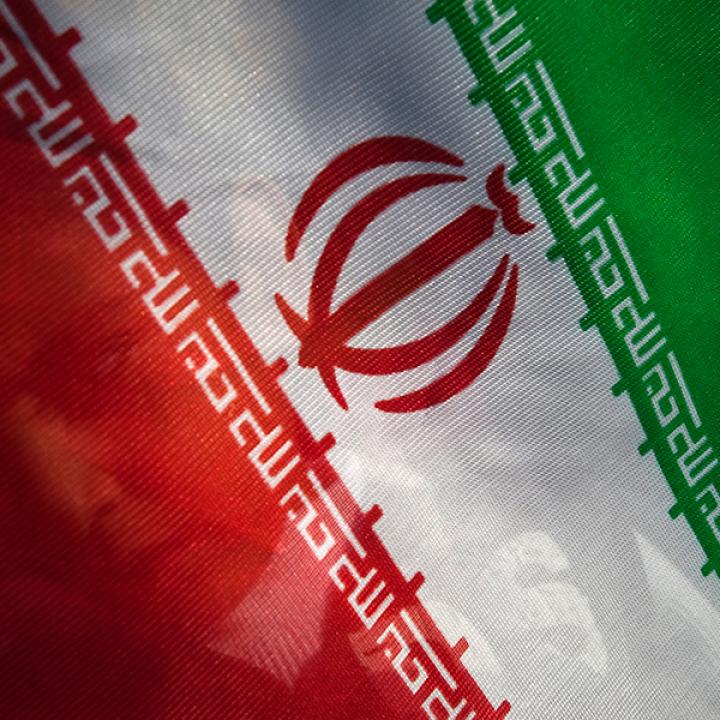
- Policy Analysis
- Interviews and Presentations
Inside Iran's 2017 Election: Economics, Politics, and National Security

In this short video, Institute scholars explain the economic, security, and political dynamics shaping Iran's 2017 presidential election and the future of Iranian policy.
The Iranian election on May 19 will be a referendum on President Hassan Rouhani's management of the country since the JCPOA nuclear deal was struck in 2015. What are his chances of reelection and what will the outcome mean for U.S. policy? In this video, Institute experts Patrick Clawson, Nader Uskowi, and Mehdi Khalaji discuss the economic, strategic, and political implications of the election.
In the video, the Institute scholars explain the economic, security, and political dynamics shaping the election and the future of Iranian policy. Rouhani won election in 2013 by promising voters a nuclear agreement that would lift sanctions and pull Iran out of a deep recession. Yet the nuclear deal only brought disappointment and resentment as unemployment continued to rise, topping 12 percent, and what economic growth did come flowed mainly to Iran's oil industry. "None of the presidential candidates have the muscle or the willingness to tackle the deep-rooted structural problems that stifle growth and deter foreign businesses," says Clawson, "such as corruption and cronyism."
Iran in 2017 is "a country at war," says Uskowi, with significant blood and treasure invested in ongoing conflicts in Syria, Iraq, and Yemen. Yet none of the candidates is calling for changes to Iran's regional and military policies. The IRGC's Qods Force, with its legion of Shiite militias, and the IRGC-led ballistic missile program are the two pillars of Tehran's regional posture - as well as of its threat to American and allied security. "The Supreme Leader and revolutionary institutions, not the president and elected organs, set regional and military policies," Uskowi explains. "So the reality is that the election matters, but not on issues that most affect U.S. security interests."
While the Iranian president does not control the most important levers of state power, Kahalji says that the next presidential term may offer a meaningful chance to shape Iran's future. The next president - Khalaji notes that Rouhani appears to have the favor of the country's elderly and ailing supreme leader, Ayatollah Ali Khamenei - may have an opening to shape the succession process. "The presidential election is important to Iran, but true transformation remains in the hands of the supreme leader and whoever succeeds him," Khalaji says.
Patrick Clawson is the Institute's Morningstar Senior Fellow and Director of Research. Mehdi Khalaji is the Libitzky Family Fellow. Nader Uskowi is a visiting fellow at the Institute and a senior policy advisor to the U.S. Central Command. They conduct research within The Viterbi Program on Iran and U.S. Policy.





